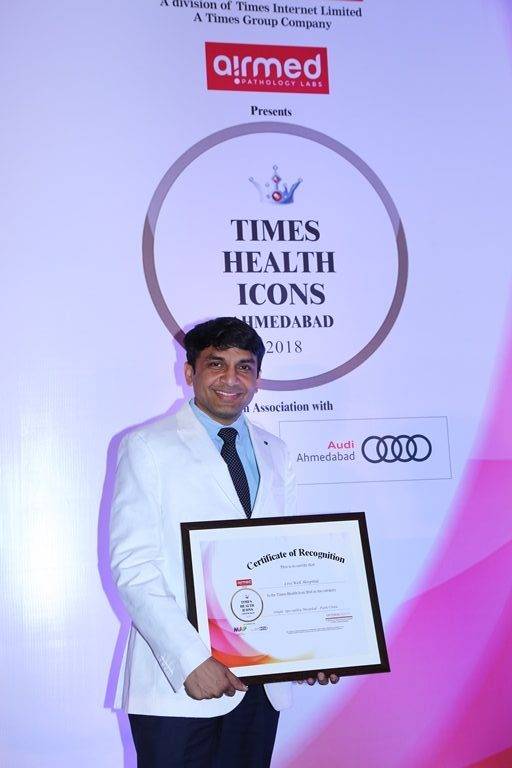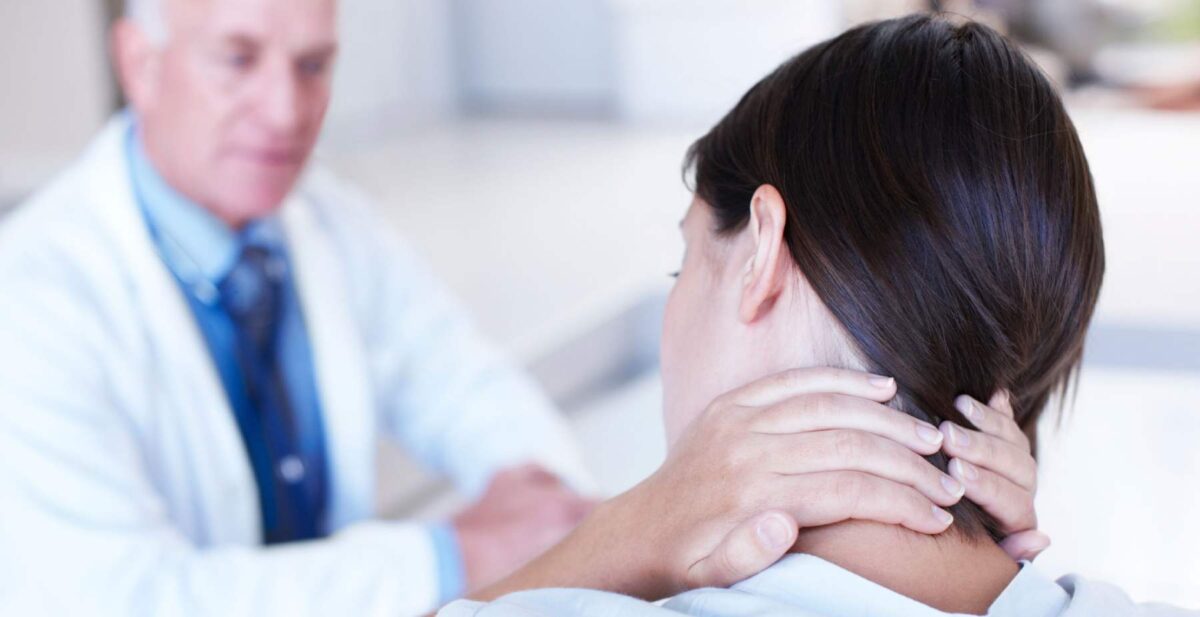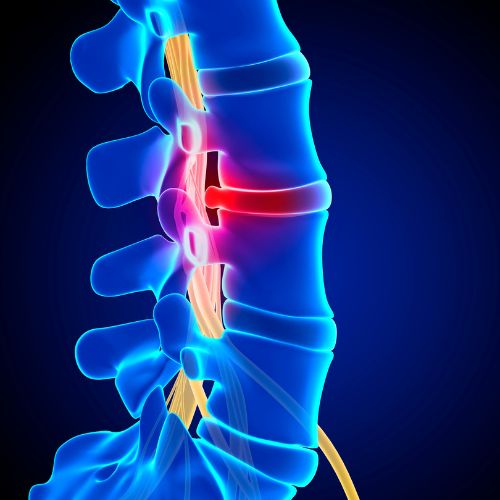Pain is a universal human experience, but the people of India, with their diverse lifestyles and health challenges, are particularly susceptible to various pain problems. From the simplest aches to the most complex chronic conditions, pain can significantly impact the lives of many Indians. Dr. Hitesh Patel at Live Well Hospital in Ahmedabad, with his extensive experience and expertise, offers a ray of hope to those grappling with pain. In this blog, we’ll delve into why Indians are more susceptible to pain issues and how Dr. Hitesh Patel stands as a beacon of relief for a wide range of pain-related challenges.
Why Are Indians More Susceptible to Pain Problems?
Several factors contribute to the increased susceptibility of Indians to pain problems:
- Sedentary Lifestyle: In modern urban India, many individuals lead sedentary lives due to desk jobs, long commutes, and a lack of regular physical activity. Prolonged sitting can lead to musculoskeletal issues, including lower back pain.
- Obesity: The prevalence of obesity is on the rise in India, primarily due to changes in dietary habits and reduced physical activity. Excess weight places additional stress on joints and can lead to conditions like osteoarthritis.
- Unhealthy Dietary Choices: The consumption of high-fat, high-sugar diets is common in India, contributing to conditions like obesity, metabolic syndrome, and gastrointestinal problems.
- Poor Ergonomics: Improper workstation ergonomics, both at home and in the workplace, can result in poor posture, leading to chronic pain issues, particularly in the neck, back, and shoulders.
- Mental Health: The stress of daily life, work-related pressures, and other stressors can lead to conditions like tension headaches and other stress-related pain.
Dr. Hitesh Patel at Live Well Hospital: Leading the Charge
Live Well Hospital, under the expert leadership of Dr. Hitesh Patel, is at the forefront of pain management in India. Here’s how he is addressing the diverse pain problems that affect the Indian population:
- Experience and Expertise: Dr. Hitesh Patel has a wealth of experience in pain management, having successfully treated a vast array of pain-related conditions. His expertise extends from common issues to rare and complex pain disorders.
- Holistic Approach: Live Well Hospital takes a holistic approach to pain management, considering not only the physical aspect but also the emotional and psychological aspects of pain. Dr. Hitesh Patel’s approach focuses on the root causes and the overall well-being of the patient.
- Multidisciplinary Team: The hospital’s team comprises specialists in various fields, including orthopedics, neurology, psychology, and physical therapy. This multidisciplinary approach ensures that patients receive comprehensive care tailored to their specific needs.
- Advanced Treatments: Live Well Hospital offers a range of advanced treatments, including minimally invasive interventions like nerve blocks and epidural injections, as well as physical therapy and medication management. These options ensure that patients receive the most appropriate and effective pain relief.
- Patient-Centric Care: Dr. Hitesh Patel and his team prioritize patient education and involvement in their treatment plans. Patients are actively engaged in the decision-making process and understand the nature of their condition and the available treatments.
Indians are more susceptible to a wide range of pain problems due to various lifestyle and health factors. Dr. Hitesh Patel at Live Well Hospital in Ahmedabad, with his extensive experience and multidisciplinary approach to pain management, is committed to addressing these challenges. Whether it’s a simple, everyday ache or a complex chronic condition, Dr. Hitesh Patel’s expertise offers a path to relief, restoring hope and improving the quality of life for those dealing with pain in India.






